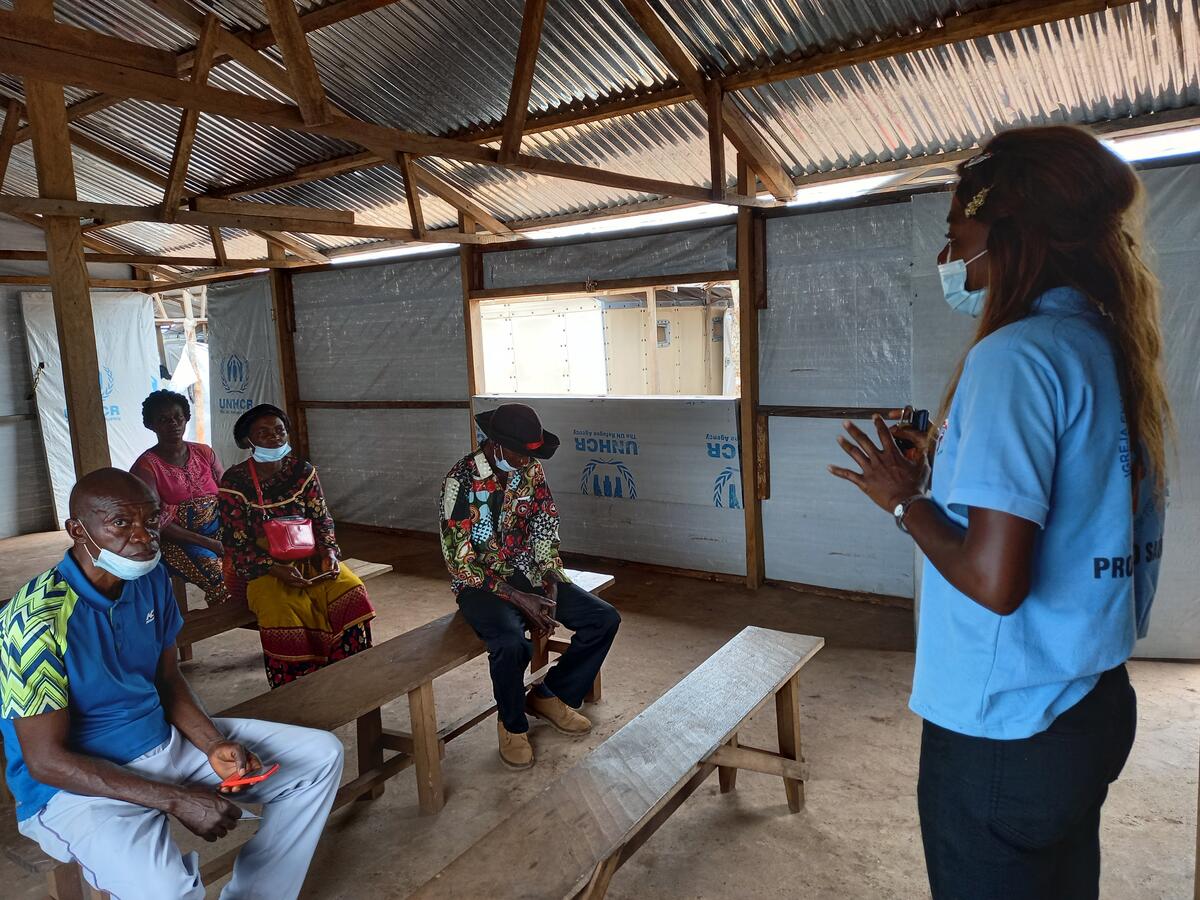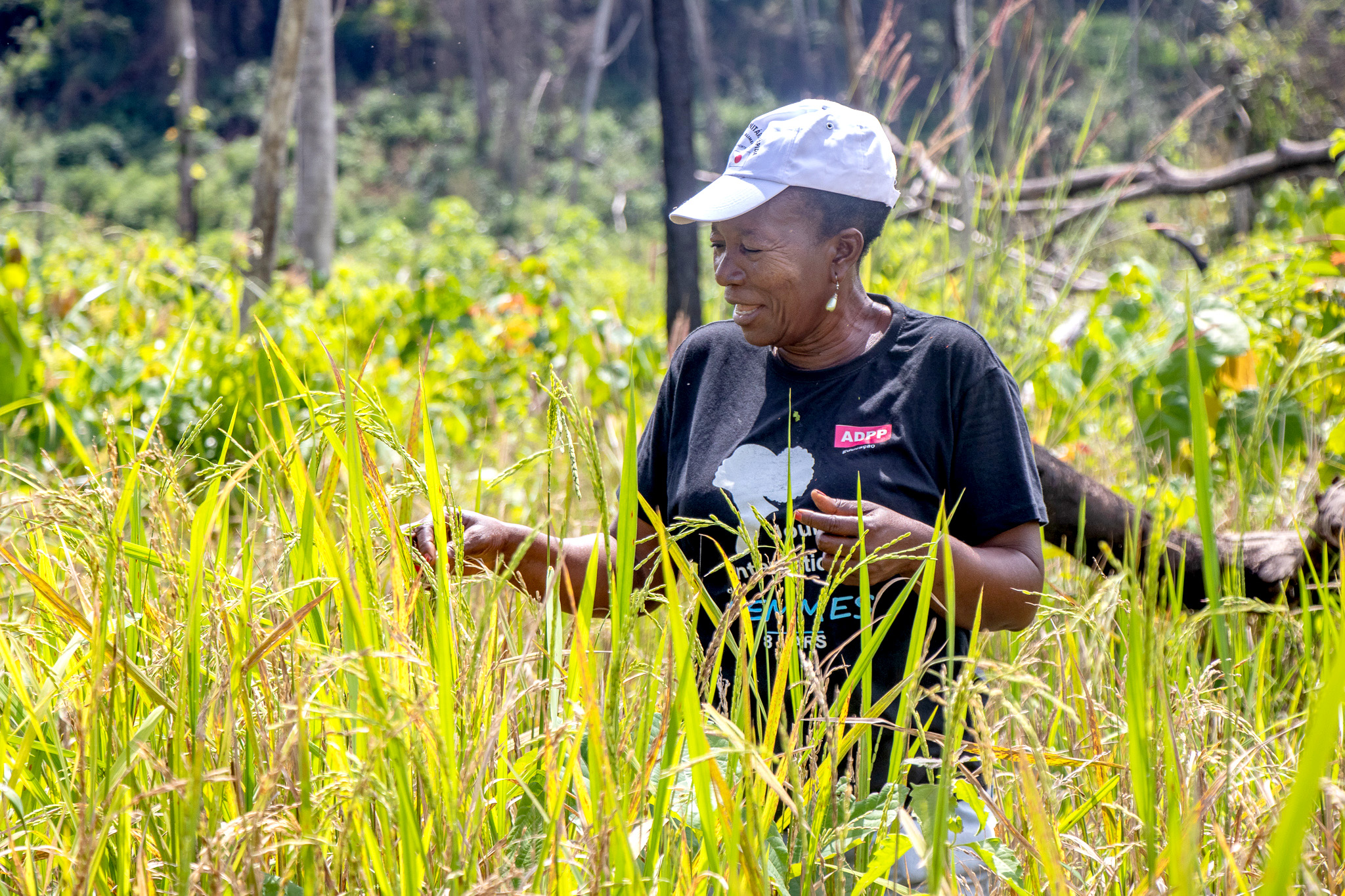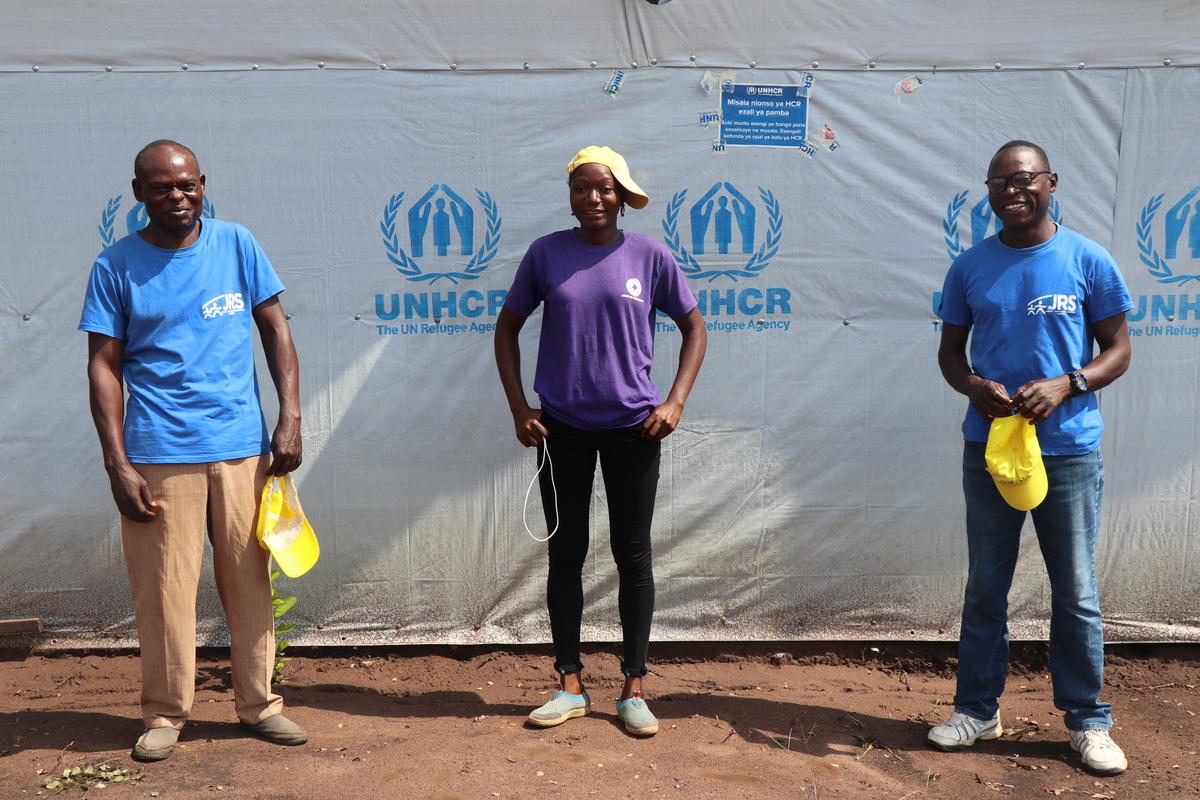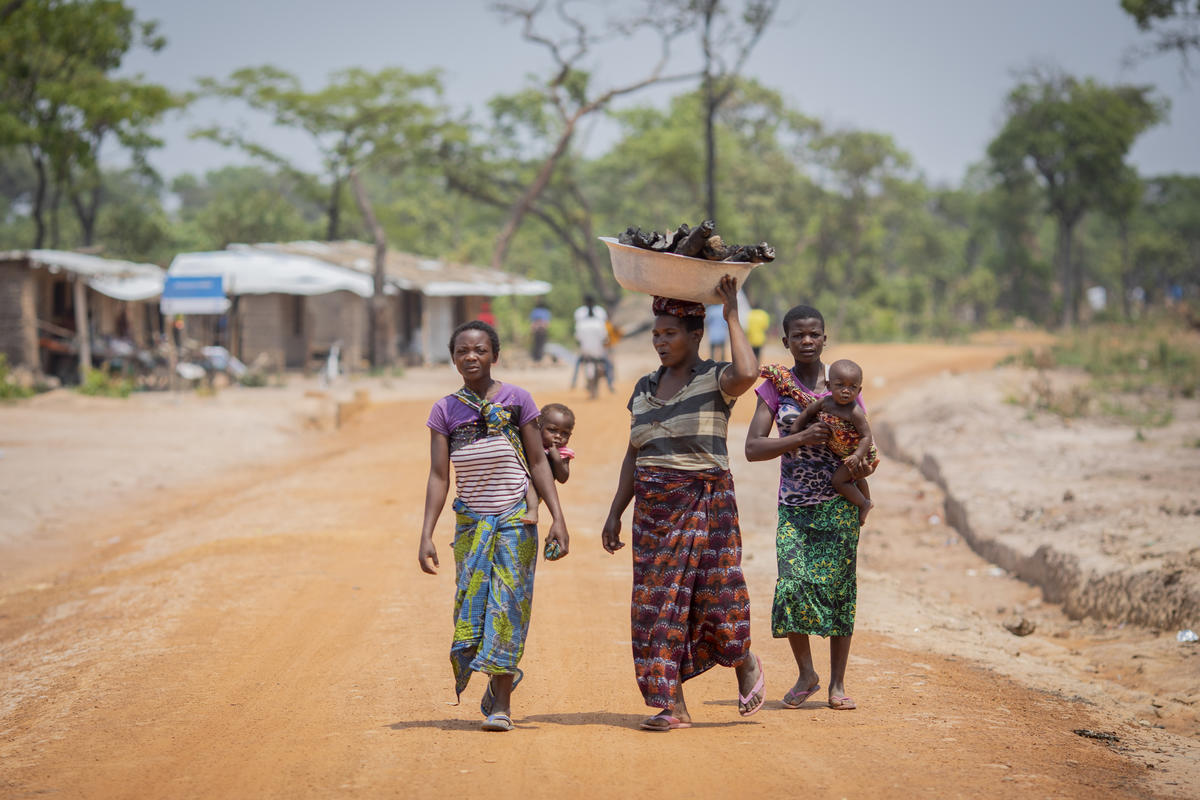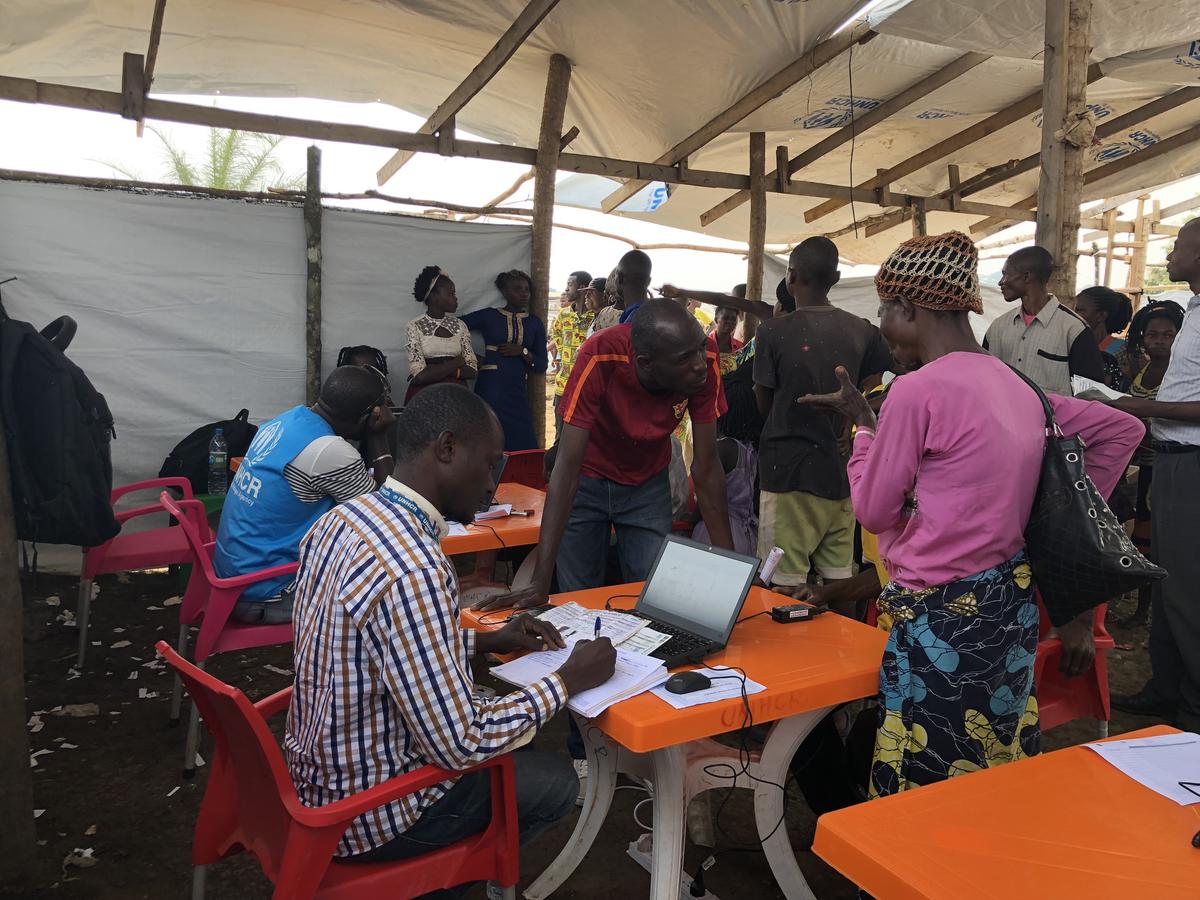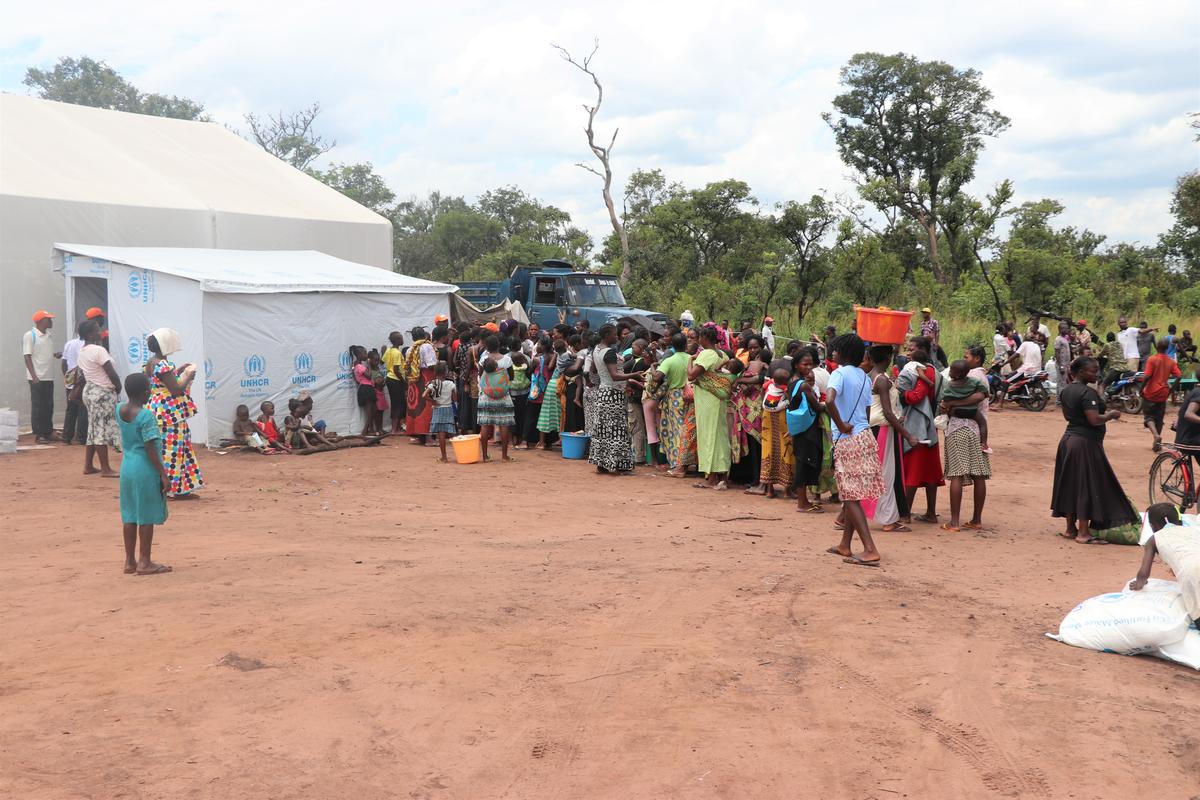UNHCR meets regional governments to finalise Angolan return plans
UNHCR meets regional governments to finalise Angolan return plans

LUSAKA, Zambia, March 14 (UNHCR) - As the mood for return builds up among Angolan refugees, the UN refugee agency this week met with representatives from the governments of Angola, Zambia and Namibia to finalise details for repatriating up to 150,000 Angolans this year.
On Thursday and Friday, UNHCR staff joined Angolan and Zambian officials in the Zambian capital, Lusaka, for the second Tripartite Commission meeting. They discussed concrete measures for the upcoming voluntary repatriation of Angolan refugees, which could start as soon as May.
Among the benchmarks they agreed on were the documentation needed for registering returnees, immigration and customs procedures, and logistics issues like transport. They also finalised details on health requirements, education certificates, care for vulnerable refugees, information and mine-awareness campaigns, and access to land upon the refugees' return to Angola.
Of the seven identified crossing points from Zambia, five need to be rehabilitated or upgraded. The Commission suggested that it may need to open up completely new crossing points as well.
The same guidelines were discussed at a separate meeting in Windhoek on Monday and Tuesday between UNHCR and the governments of Angola and Namibia, with which a total of eight crossing points have been established.
At both the Lusaka and Windhoek meetings, the Angolan authorities reported that they have been rehabilitating basic physical and social infrastructure in some areas of return, and establishing administrative structures throughout the country. They are also clearing mines, and demobilising and re-deploying former UNITA (the Union for the Total Independence of Angola) rebels.
A similar tripartite meeting will be held in Kinshasa from March 28-29 between UNHCR and the governments of Angola and the Democratic Republic of the Congo (DRC). The three separate Commissions were set up late last year to establish the legal and practical framework for the upcoming repatriation movement.
Since April of 2002, some 120,000 Angolans have returned home on their own, mainly from Zambia and the DRC.
An estimated 450,000 refugees from the region - some of whom have been in exile for more than 30 years - could eventually go back to Angola under the repatriation operation.
The largest host countries for Angolan refugees in the southern African region are Zambia (200,000), the DRC (163,000) and Namibia (24,500), with smaller numbers hosted in the Republic of Congo (16,000) and South Africa (10,000). An estimated 50,000 are also living in other countries worldwide.



